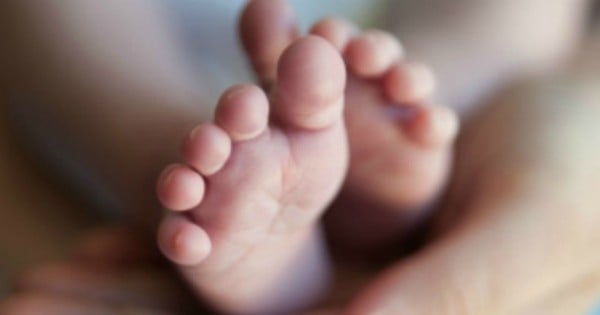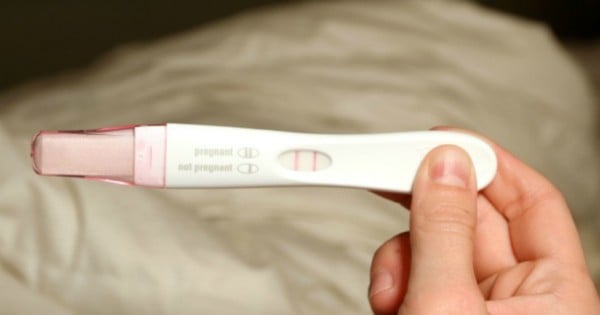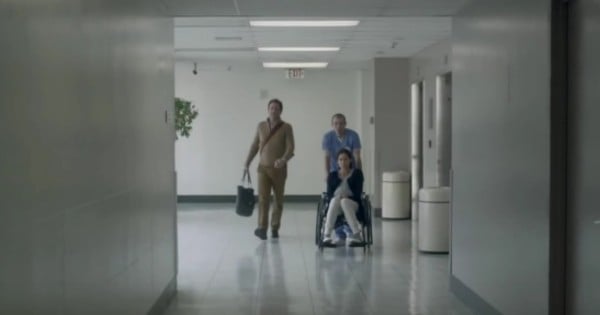
2015 has been the toughest year of my entire life.
On the face of it, things looked pretty good – I scored a perfect job, have been out of the country twice for holidays and I took on a postgrad degree for fun.
I am lucky. I have a roof over my head. The sun shines all year round. I have a faithful, loving husband. These are all good things for which I am deeply grateful.
But this has been a desperately sad year. I should be a mother by now. In fact, we should be parents at least two times over.




Top Comments
I too, had a very rare experience with being pregnant with my 2nd child. My pregnancy went one step further then being a Molar...I ended up with Choriocarcinoma which is an extremely rare placental cancer where the placental cells develop into cancer, travel through the bloodstream and implant a tumour in your lung...WOW, I hear you say! I did too. I fell pregnant in Jul01, the body miscarried but in the October I collapsed at home and the Ambulance took me to hospital where I learnt I was pregnant and had Gestational Migraines. I had never heard of this and for the next 3 months I collapsed and it didn't matter where I was - home, shops, supermarkets etc. After the 'stars' cleared I could move again. My Gyno (well recommended in Sth East) had NO idea. Thankfully my ultrasonologist did and he ordered chest scans. A nodule was found in my right lung, the biopsy results showed it to be Choriocarcinoma. Early Jan02 I met the wonderful Professor Michael Quinn who confirmed I had cancer and explained how I could fall pregnant and end up with a very aggressive cancer. My next 6 months were spent having Chemo, shaving my head, feeling bloody awful. The tumour reduced in size, however the cancer was still growing. Surgery was the next option and I had a partial Lung resection and thank goodness this did the trick. I have now been cancer free for many years.
Did you miscarry your second child?
I had a blighted ovum miscarriage in February then a molar pregnancy in April. Finished my blood tests in November. This was like reading about myself. Lucky for me I have two healthy boys but I still grieved for my two losses. I found the emotional recovery harder than ever. I can't wait to be rid of 2015. I truly hope that the new year brings you good health,love,happiness and much to celebrate.